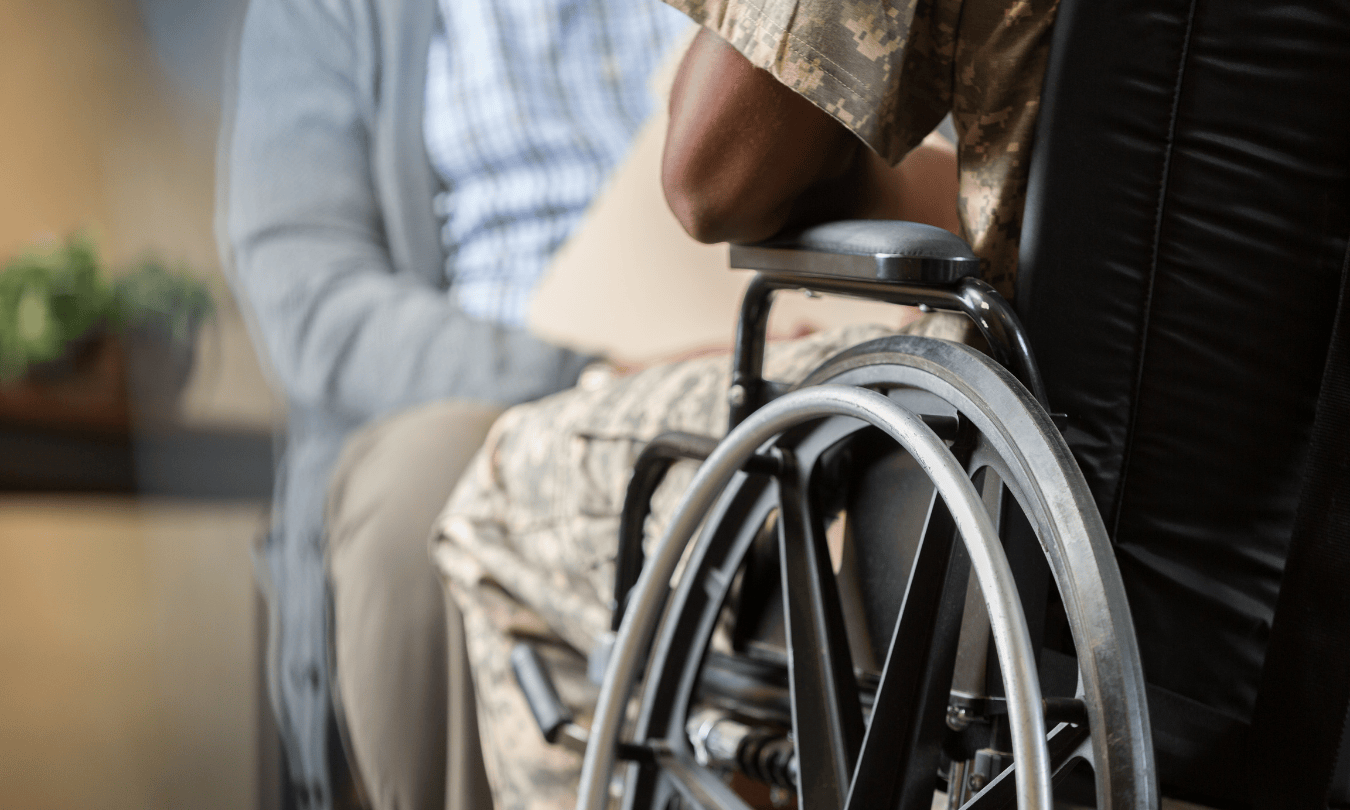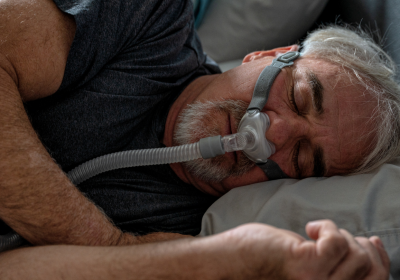If you’re a veteran or a family member affected by the toxic water at Camp Lejeune, this question is likely on your mind every single day. You’ve waited decades for justice, and the legal process can feel frustratingly slow. While there is no simple, single date we can circle on the calendar, we can share the latest news and explain the progress being made.
The short answer is that settlements are happening in small numbers, but a large-scale, global settlement for the hundreds of thousands of claims is still being worked out. Right now, in mid-2025, the process is deep in the trenches of legal battles over evidence and expert testimony, which are necessary steps before widespread settlements can be reached.
Here are the straightforward facts about where things stand.
Key Updates as of Mid-2025
- Both sides are challenging the other’s expert witnesses. The veterans’ lawyers have filed motions to exclude or limit testimony from government experts, arguing their conclusions are flawed. These challenges are critical for establishing the scientific link between the water and various illnesses.
- A federal judge ruled that the Department of Justice (DOJ) violated court orders when one of its experts conducted a surprise site visit to Camp Lejeune to gather new evidence after the deadline had passed. As a penalty, the court is allowing the plaintiffs’ lawyers extra time to question the expert.
- The government has been slow to produce key records, such as VA and Medicare files, that are needed to calculate damages and potential offsets. This continues to be a point of friction and a source of delays.
- The court appointed two “Settlement Masters” to help create a global settlement framework. They’re meeting weekly with both parties. The goal is to develop a comprehensive plan by the end of 2025 that could resolve the majority of claims without a trial.
How You Can Get a Settlement
There are currently two primary paths for resolving a claim:
- The Elective Option (EO): This is an expedited settlement program created by the government. It offers fixed payout amounts, generally ranging from $100,000 to $550,000, for a specific list of illnesses. The main benefit is a faster payment, often within months of acceptance. The major downside is that the amount may be significantly less than what your case is truly worth, especially for severe conditions.
- Litigation and Global Settlement: This is the path for everyone else. It involves pursuing your lawsuit in court. The first “bellwether” trials, which will serve as test cases, are expected to begin in 2025. The outcomes of these trials will heavily influence the values used in the larger, global settlement program being designed by the Settlement Masters.
Your Questions Answered
Why is the government fighting these claims so hard?
Congress passed the Camp Lejeune Justice Act (CLJA) to provide a path to compensation. However, the DOJ is defending these lawsuits aggressively, similar to how a corporation would. They are using legal tactics to challenge causation, delay proceedings, and minimize the total payout amount.
Which illnesses are part of the first trials?
The first group of bellwether trials, known as “Track 1,” will focus on five conditions with strong scientific links to the contaminated water:
- Bladder Cancer
- Kidney Cancer
- Leukemia
- Non-Hodgkin’s Lymphoma
- Parkinson’s Disease
What happens if a claimant passes away?
If a victim passes away before their case is resolved, their claim does not end. The family or the estate’s legal representative can continue the lawsuit as a wrongful death claim to recover the compensation their loved one was entitled to.
What chemicals were in the water?
The primary contaminants were industrial solvents that seeped into the base’s water supply from the 1950s through the 1980s. The main chemicals were Trichloroethylene (TCE) and Perchloroethylene (PCE). The water was also tainted with benzene and vinyl chloride.
What This Means For You and How We Can Help
As the government continues to process hundreds of thousands of claims, many veterans will, unfortunately, receive a denial. Receiving a denial letter can feel like a final blow, but it is not the end of the road. You have the right to appeal.
This is the specific point where our firm steps in. Cameron Firm, PC, focuses exclusively on helping veterans and their families with denied VA disability claims and appeals. The legal landscape is complex, and challenging a government denial requires dedicated experience. If your Camp Lejeune VA disability claim has been denied, we have the specialized knowledge to manage your appeal and continue the fight for the compensation you are owed.




